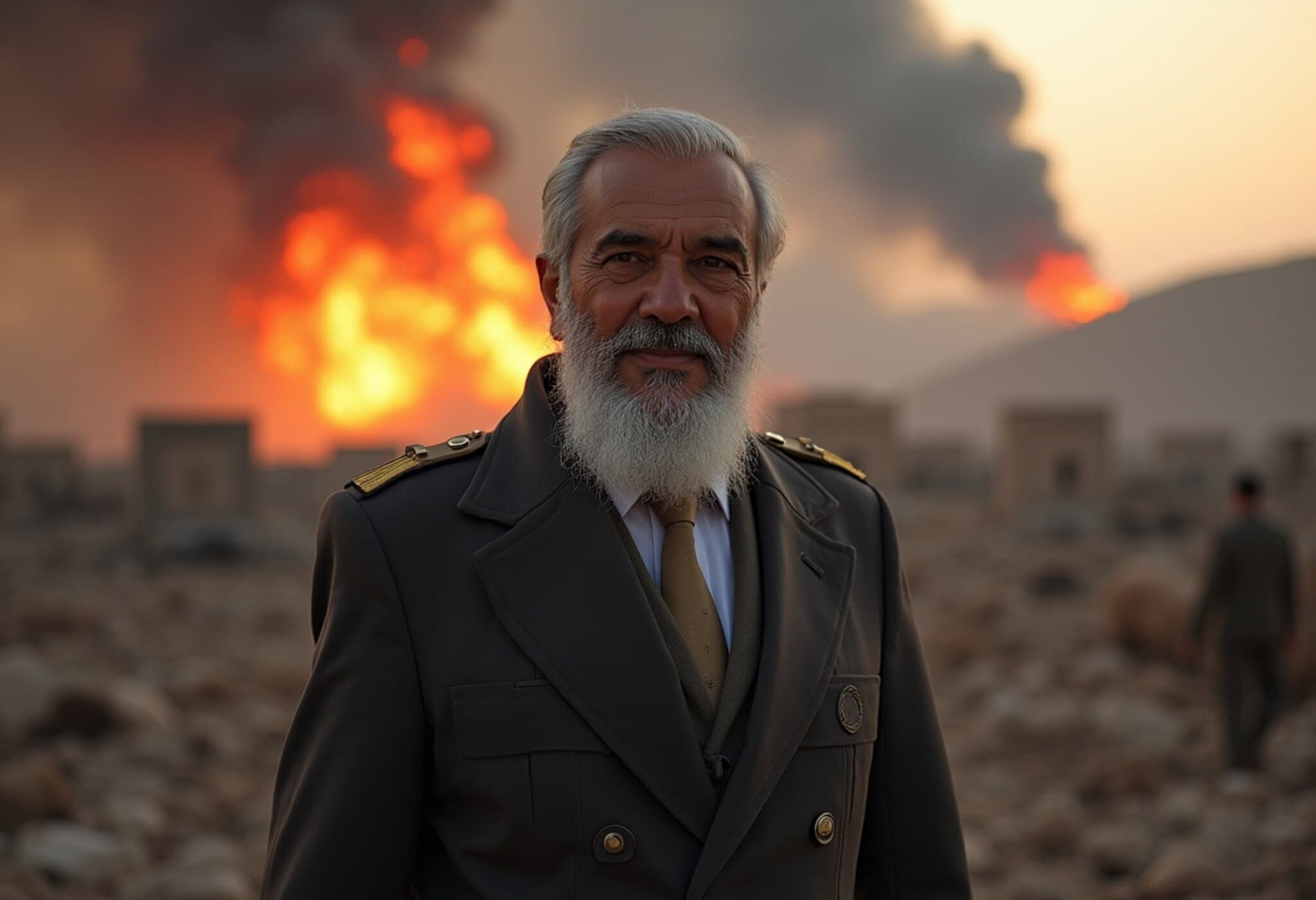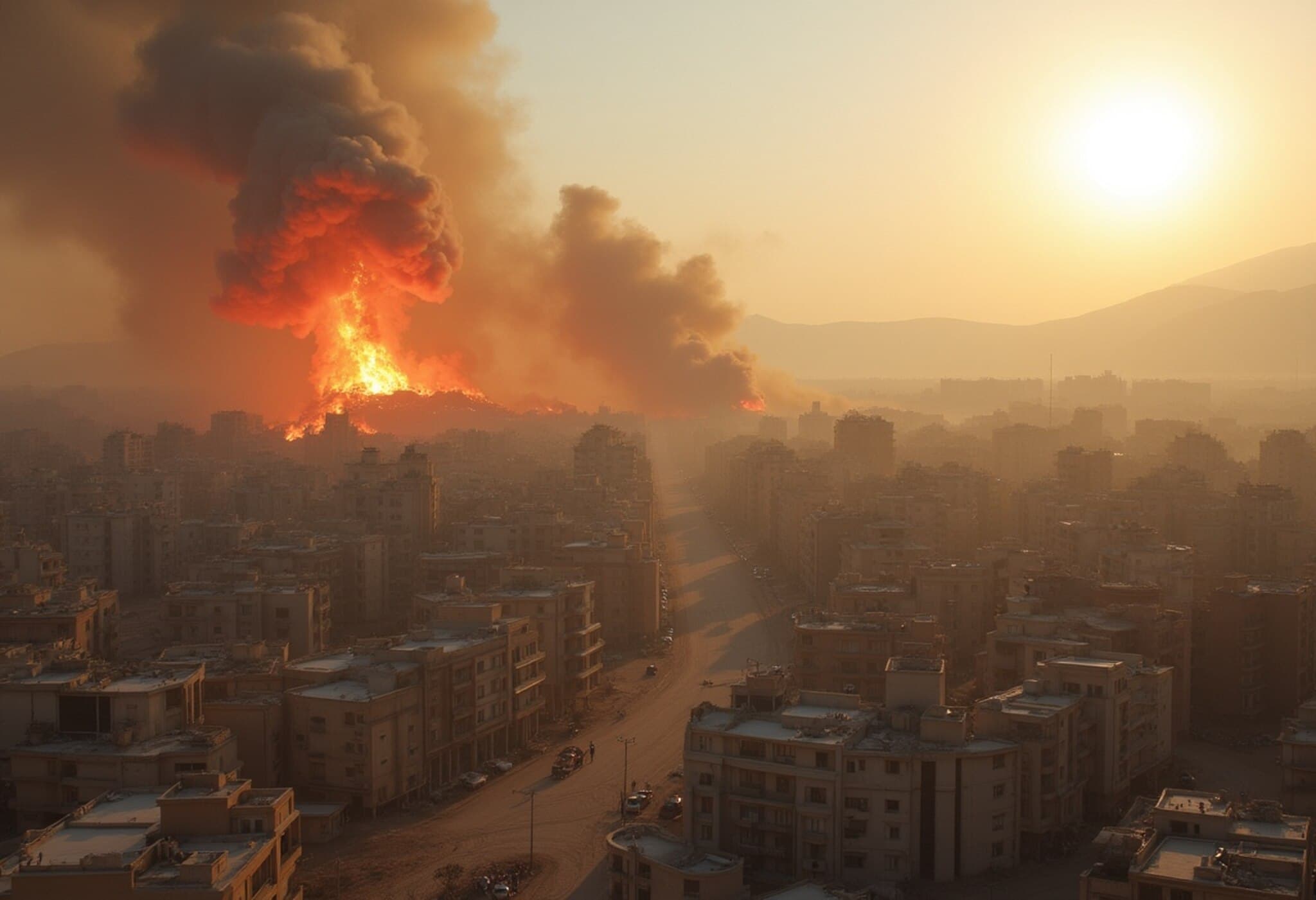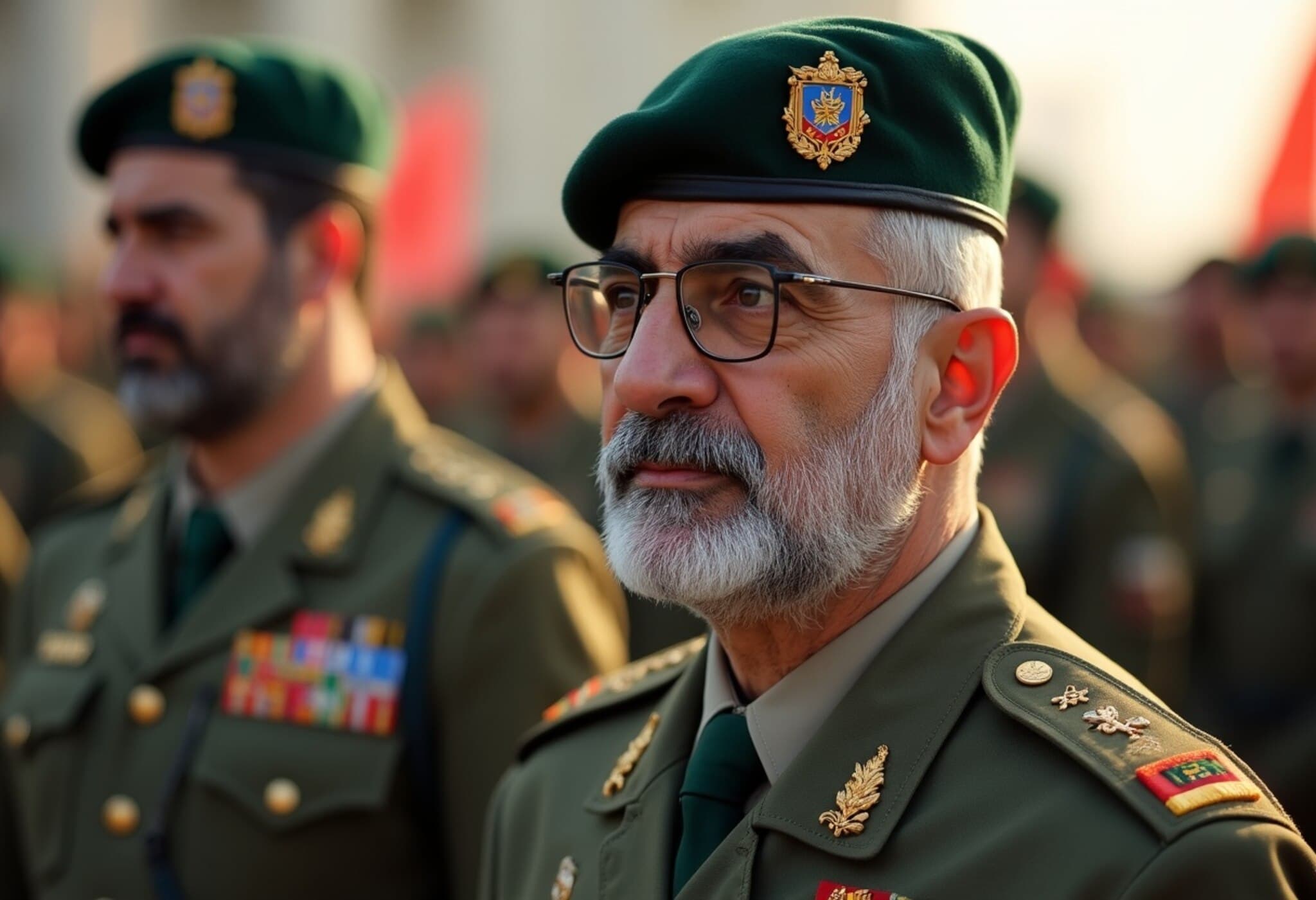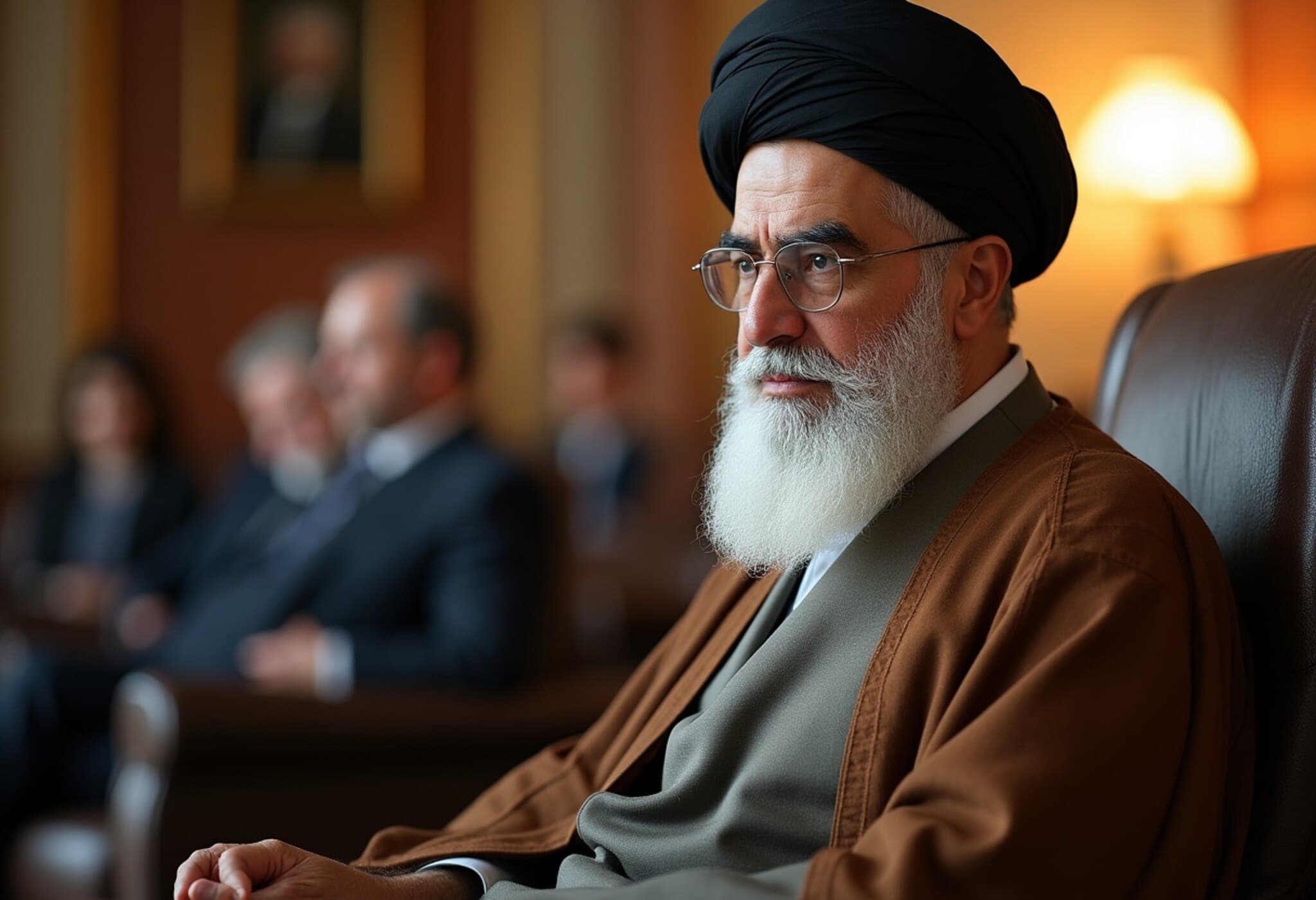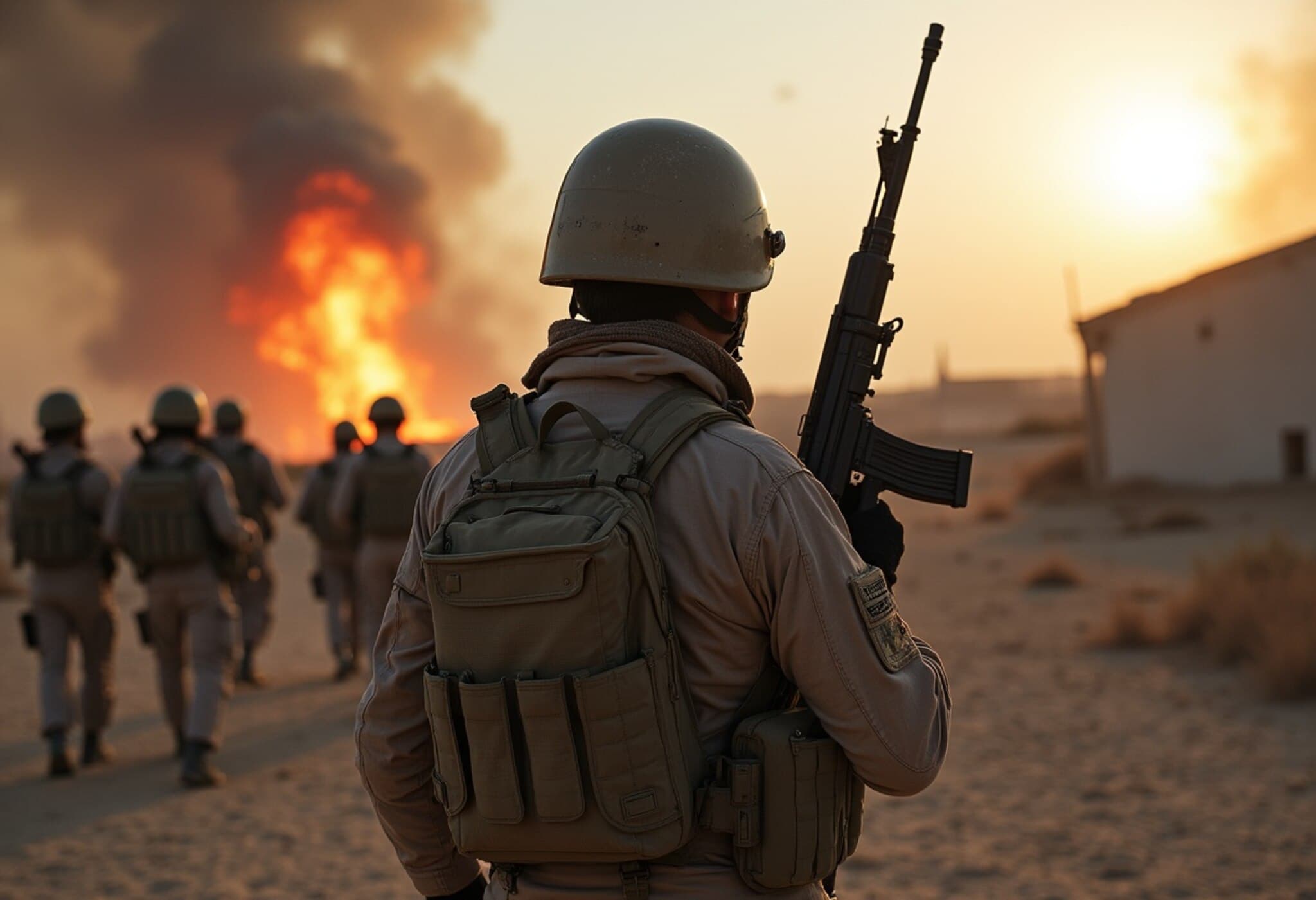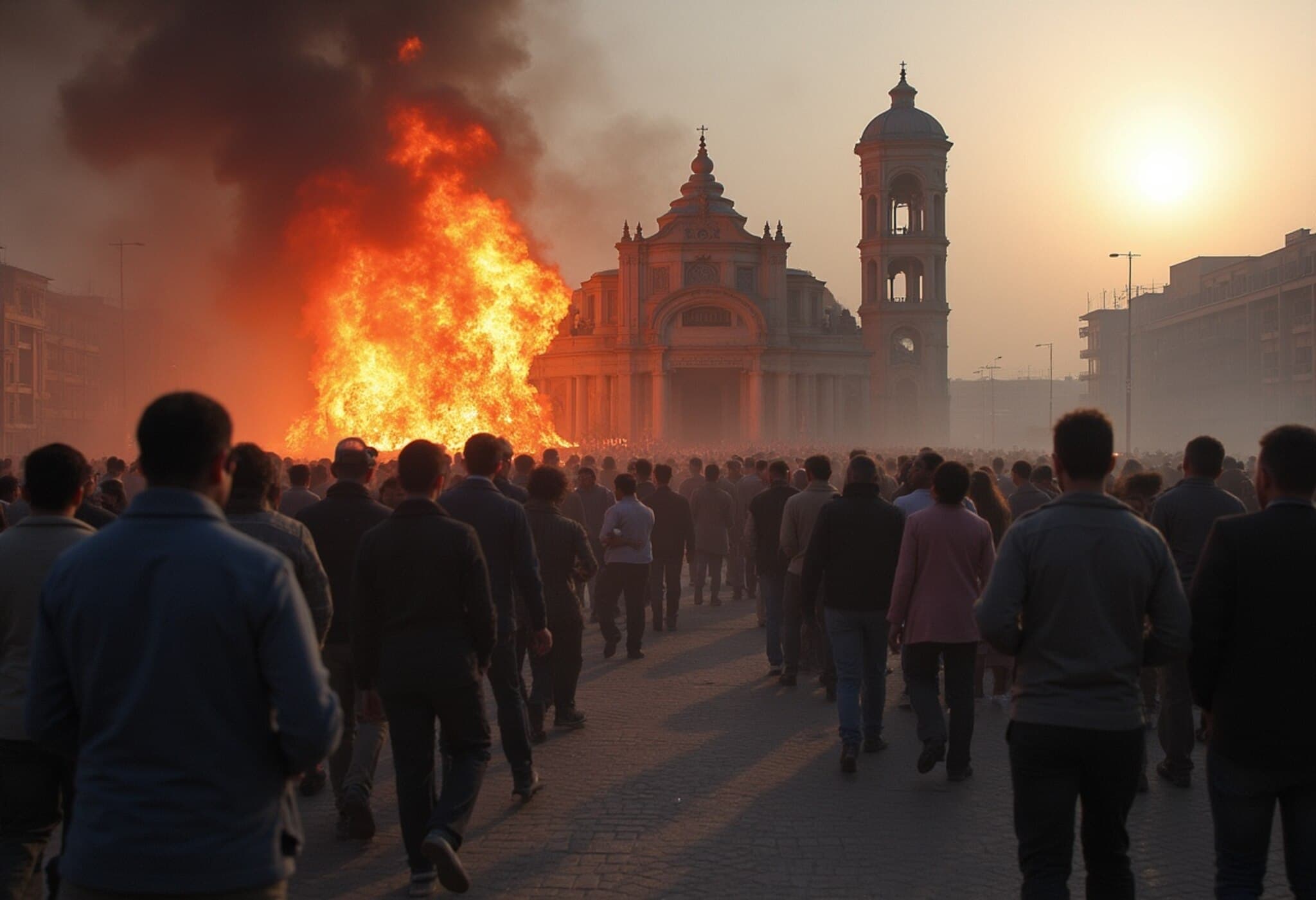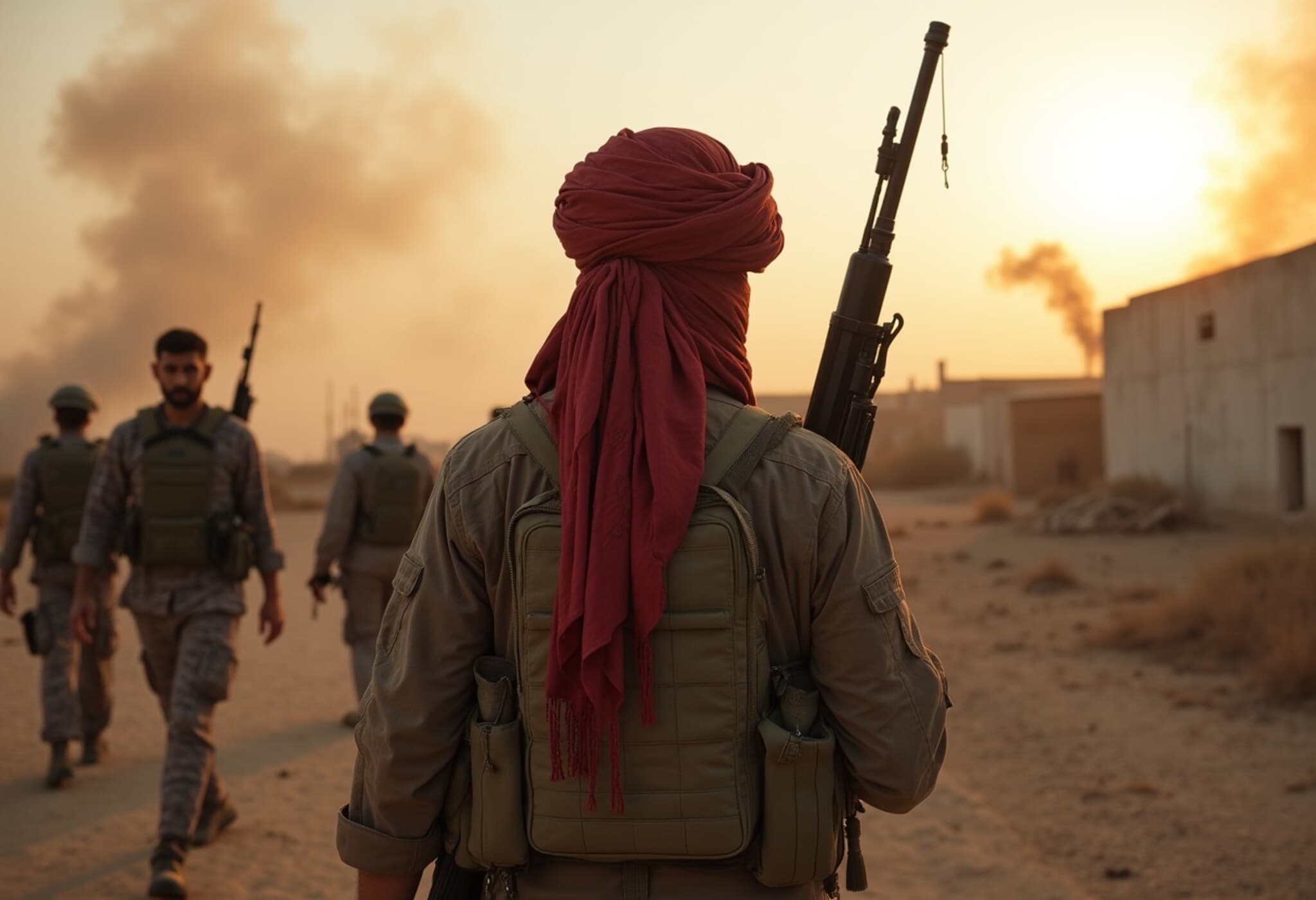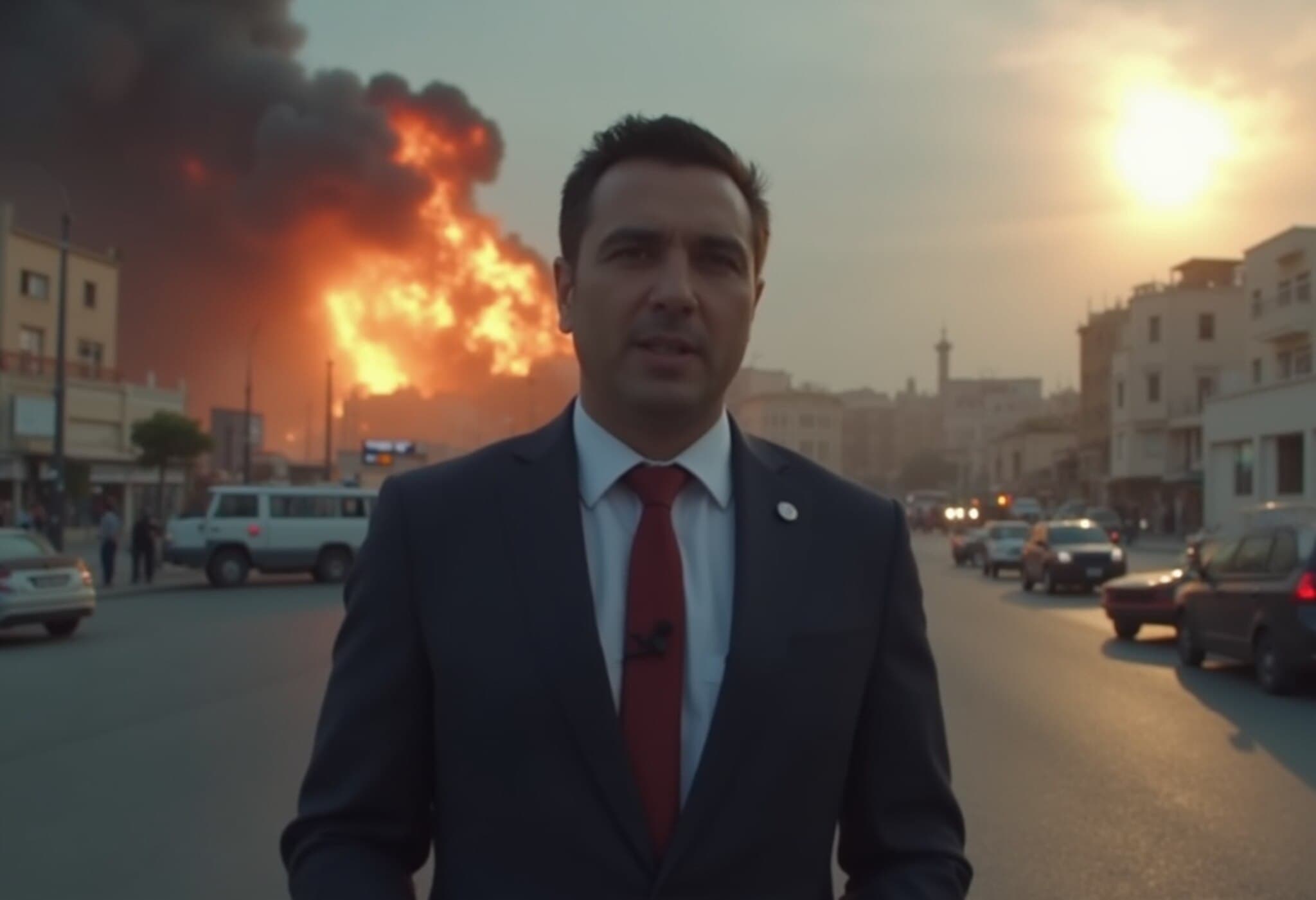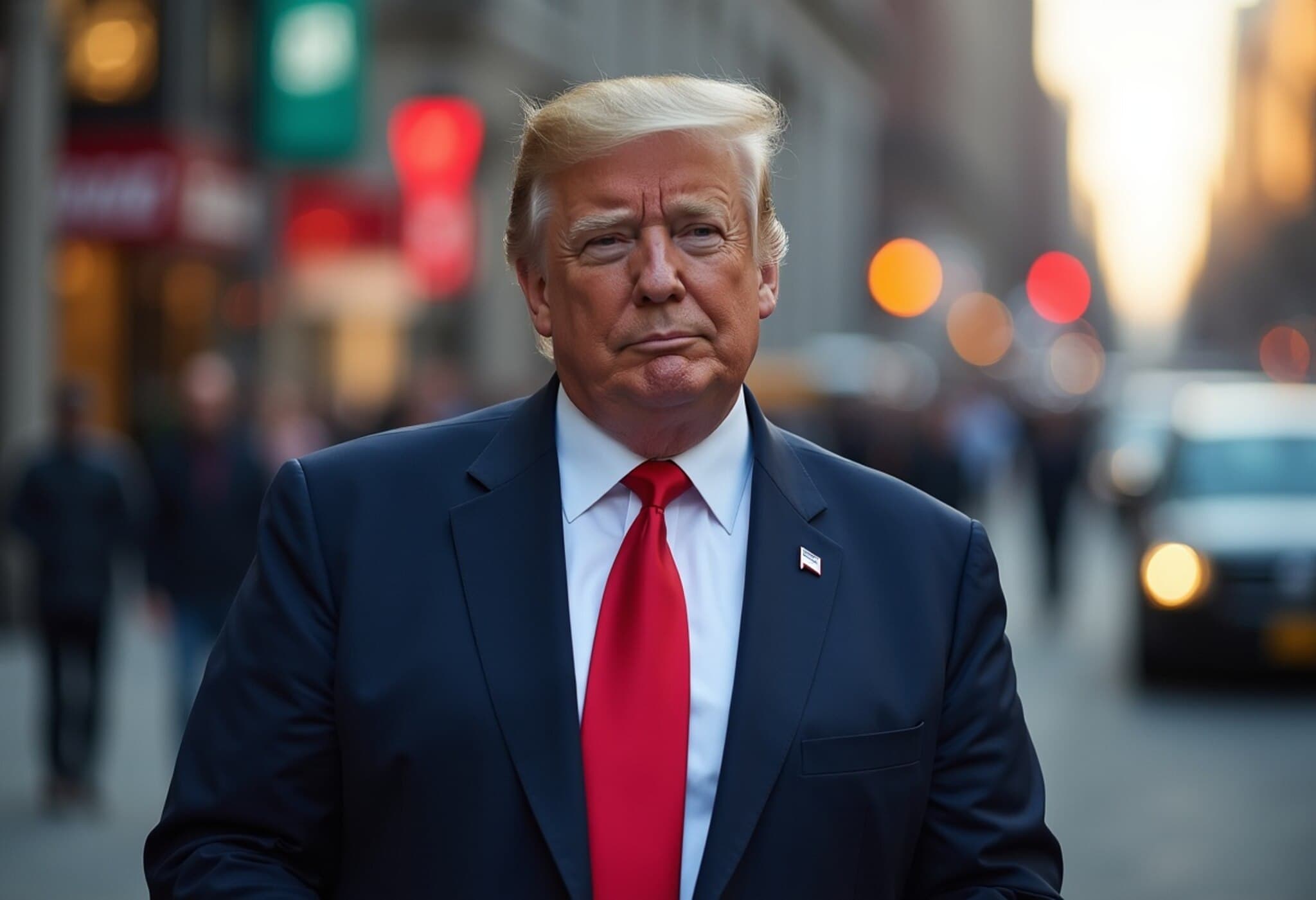Syria's Interim President Reacts to Israeli Airstrikes in Damascus
In a firm response to recent Israeli airstrikes, Syria’s interim President Ahmed al-Sharaa condemned the attacks targeting military and government installations deep inside Damascus. Speaking in his first televised address since the strikes, al-Sharaa expressed solidarity with the Druze community, pledging accountability for those who harmed them and emphasizing Syria's resilience in the face of external aggression.
Protecting the Druze: A Pledge of Accountability
Addressing the Druze minority directly, who are an integral part of Syria’s diverse social fabric, President al-Sharaa reassured them: “We reject any attempt to drag you into the hands of an external party.” He announced that responsibility for security in Druze regions would be transferred to local elders and community factions, reinforcing an approach that underscores local leadership amid national tensions.
Defiance Amidst Escalation
Rejecting fears of war, al-Sharaa asserted Syria’s unwavering stance: “We are not among those who fear war. We have spent our lives facing challenges and defending our people, but we have put the interests of Syrians above chaos and destruction.” This sentiment highlights Syria’s determination to safeguard its sovereignty while striving to avoid a full-scale conflict.
Regional Mediation Averts Further Escalation
Significantly, al-Sharaa acknowledged the vital role played by international mediation in de-escalating tensions. He credited the United States, Arab nations, and Turkey with intervening effectively to prevent the situation from spiraling out of control, stating that without such mediation, the region might have faced “an unknown fate.” This nuanced position reflects the complex geopolitical dynamics at play and the importance of diplomatic channels in this volatile region.
Wider Implications and Context
- Israeli airstrikes on Syria often target military infrastructure but have increasingly risked civilian harm, raising international concerns about the humanitarian impact.
- The Druze community, while a minority, has historically been a crucial piece in Syria’s social and political mosaic; their welfare remains a barometer of internal cohesion.
- The reference to shifting security responsibilities to local elders could signal a strategic decentralization of power in vulnerable regions, aiming at community-based resilience.
- The mention of mediation points to an ongoing, delicate diplomatic balancing act involving major regional and global actors striving to prevent broader conflict.
Expert Insight: Navigating a Volatile Landscape
From a policy perspective, Syria’s official rhetoric reveals a careful calibration between defiance and pragmatism. By emphasizing national unity and local empowerment, al-Sharaa attempts to bolster internal stability amid external pressures. However, the repeated Israeli strikes underscore unresolved security dilemmas that threaten to ignite wider hostilities in a region already fraught with conflict.
Analysts in Washington and Beirut suggest that a durable peace in Syria’s context hinges on enhanced regional dialogue and mutual restraint among neighbors. Syria’s leadership seems to be positioning itself to both resist foreign interference and seek mediation frameworks that might safeguard the country from devastating escalations.
What Lies Ahead?
As the dust settles, key questions remain: Can Syria maintain internal cohesion while navigating ongoing external threats? Will international mediation continue to hold against competing interests from Israel, the US, Arab states, and Turkey? Most importantly, what long-term safeguards can be adopted to protect vulnerable ethnic and religious communities such as the Druze?
Editor's Note
The recent Israeli airstrikes in Damascus and Syria's response illuminate the intricate interplay of military action, minority protections, and regional diplomacy in the Middle East. The Druze community's safety has emerged as a pivotal concern amid rising tensions. This episode underscores a broader challenge facing Syria: balancing national sovereignty with the pressures of foreign intervention and complex alliances. For policymakers and observers alike, it raises pressing questions about the future stability of Syria and the prospects for peace in this restless region.

